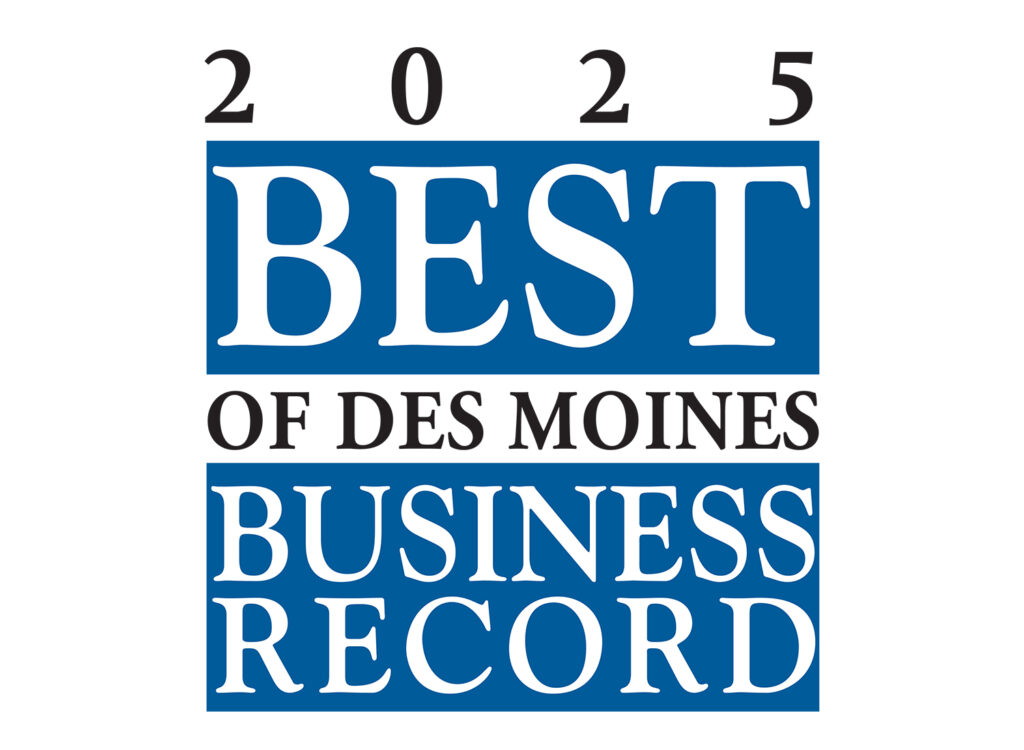Des Moines launching new loan program for small businesses
Loans will help businesses pay for small projects

Kathy A. Bolten Oct 21, 2024 | 10:42 am
3 min read time
738 wordsAll Latest News, Economic Development, Retail and BusinessA new revolving loan program has been launched by the city of Des Moines as a way to help grow small businesses that lack access to traditional banking relationships.
In early October, the Des Moines City Council allocated $100,000 from the city’s 2024-25 operating budget to fund the Small Business Impact Loan program.
Beginning in January, owners of qualifying small businesses will be able to apply for $5,000 to $20,000 loans from the program that must be repaid within three to five years. The loans can be used for a variety of purposes including making property improvements, real estate acquisitions, website development, buying equipment or paying for professional design services such as site plan preparations.

“We know that there are businesses out there that have a great product,” said Breann Bye, a Des Moines economic development project manager. “They are stable; they have customers, but they can’t access traditional bank financing. These businesses can grow, thrive [and] be more resilient in our neighborhoods if they have access to a little capital.”
Bye and Nick Tarpey, also an economic development project manager, are part of Des Moines’ new Small Business Support Center, a division of the city’s Office of Economic Development. Since spring, the two have facilitated nearly 200 meetings that included small-business owners, chambers of commerce, nonprofit groups and others to assess the needs of Des Moines’ smallest businesses.
Bye and Tarpey found that many small businesses are either unbanked or underbanked. They also found that traditional financing products either aren’t accessible to some small businesses or have minimum loan requirements that are too large for small businesses. Providing small-dollar loans and helping business owners build credit and become familiar with the mechanics of obtaining a loan would benefit the small businesses and prepare them for traditional banking relationships, Bye said.
“This is really about targeting those small businesses that lack access to the traditional capital markets,” Bye said. “It’s as much a small-business development program as it is a project financing program.”
Applicant requirements include having a business plan, verification of the business structure, two years of financial projections and profit-loss statements and a personal financial statement. Applicants must also demonstrate the lack of access to traditional funding sources and have the equivalent of 20 or fewer full-time employees.
The city’s new programs “essentially have to have a lot of the same requirements that a bank would require [of loan applicants],” Bye said. “This will help them become familiar and prepare for a traditional banking relationship.”
Bye and Tarpey will market the new program between now and the end of the year. Interested applicants will be able to submit a pre-qualification form in early January.
“We don’t want business owners to spend a lot of time gathering all of the needed materials to submit if they aren’t eligible,” Tarpey recently told members of the Urban Design Review Board. Applicants who meet the requirements will be able to apply for a loan between Feb. 1 and Feb. 28. Notification of whether a loan was approved or denied will be made by March 17.
City staff expect requests for loans to exceed the $100,000 that is available, Tarpey said. A second funding request will likely be made to the council next fall. The revolving loan fund is expected to grow as loans are repaid, he said.
In five years “we will see a range of really successful projects that run the gamut of all types of eligible uses,” Bye said. “We’ll see vacant buildings that have been re-occupied and we’ll see growth in the pool of funding.”
In the future, the city could look to the private sector to help increase the loan pool, Bye said. “There may be private partners or corporations that might step forward and say, ‘We want to be part of investing in small businesses in Des Moines. … We see the need for strong, smart small businesses.’”
Helping owners of small businesses thrive will benefit Des Moines, Bye said. “When small businesses thrive … that compels people to want to live in our neighborhoods and shop in our corridors. [Small businesses] are the foundation of our city.”
Owners of successful small businesses help boost the city’s economic vitality by providing jobs and increasing property values, Bye said. “When small businesses thrive, so does the city.”
For more information about the city of Des Moines’ Small Business Impact Loan Program, click here.

Kathy A. Bolten
Kathy A. Bolten is a senior staff writer at Business Record. She covers real estate and development, workforce development, education, banking and finance, and housing.










